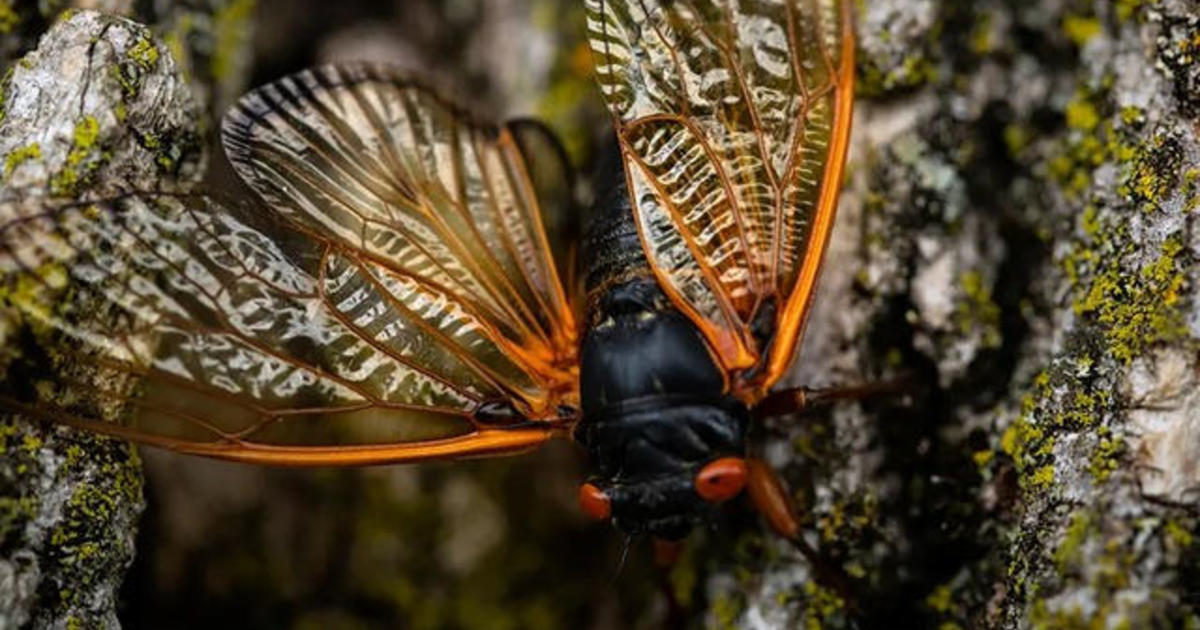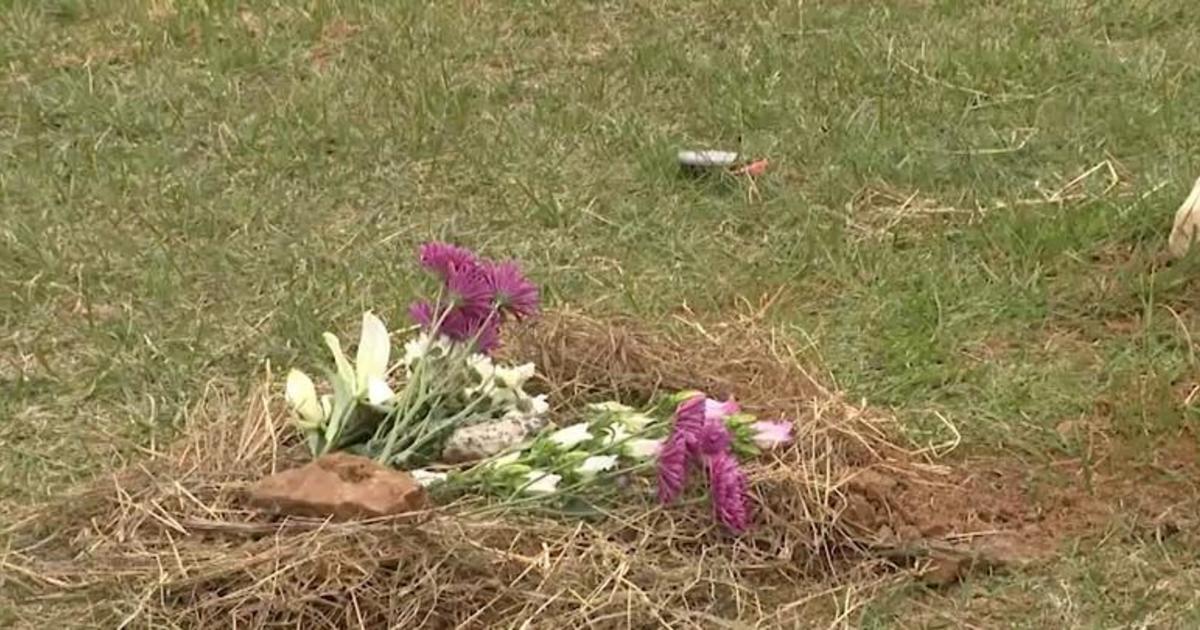Scientists Say It Will Take Weeks To Tell How Dangerous Omicron Really Is. Here's Why
(CNN) -- As soon as South Africa announced the spread of a new and troubling variant last week, scientists went to work.
By the time the World Health Organization had named the new lineage Omicron, multiple teams of researchers had already duplicated the work of the laboratories in Durban and elsewhere, and mapped out the genetic changes that made Omicron the new bad actor of the coronavirus family.
Although many of those mutations were familiar from other variants, scientists still were not sure whether they make Omicron substantially different from previous variants -- especially the super-dominant Delta variant.
It will take weeks of testing to tell what added superpowers, if any, these mutations give Omicron.
Researchers will look at what's happening in the real world by testing samples taken from patients, sequencing their genomes to see if it's Omicron causing the infections, and looking to see if more and more samples turn out to be Omicron.
They'll also watch to see if Omicron infections lead to more severe disease and if fully vaccinated people end up more likely to become infected with Omicron variants as opposed to other strains.
That kind of in-real-life testing can take months.
"AstraZeneca is also already conducting research in locations where the variant has been identified, namely in Botswana and Eswatini, that will enable us to collect real world data of Vaxzevria against this new virus variant," a spokesperson for the vaccine maker said Friday.
Vaccine makers are turning to what's become a go-to technique throughout the pandemic -- pulling blood from vaccinated volunteers and people who have recovered from recent infections and mixing it with samples of the new variant -- or a lab-engineered version called a pseudovirus -- to see how immune cells and proteins work against it.
Blood serum contains the antibodies and the B cells and T cells that do the hard work of the body's immune system.
Pfizer and its partner BioNTech, Moderna, and Johnson & Johnson all say they're starting these experiments.
"The Company is testing blood serum from participants in completed and ongoing booster studies to look for neutralizing activity against the Omicron variant," Johnson & Johnson said in a statement Monday.
This approach has been used to demonstrate first that vaccines were likely to work to protect people against infection, then to show they worked to protect people against the Alpha, Beta, Gamma and Delta variants, and, finally, to provide the first evidence of waning immunity.
Such lab-dish techniques, combined with real-life evidence, form the basis of decision making on vaccine authorizations, approvals and guidance on their use.
And they'll be used to inform the world about the risks of Omicron.
"There's two ways we're going to figure this out," National Institutes of Health Director Dr. Francis Collins told CNN Monday.
"One is by laboratory experiments. To do that, you need to actually have an isolate of Omicron growing in the lab and then you mix that with serum from people who've been vaccinated and ask does that vaccinated serum still neutralize the virus. That just takes a while for the virus to be grown up. There's not a lot we could do to accelerate that."
World Health Organization Covid-19 Technical Lead Maria Van Kerkhove told CNN it will take some time to "grow up the stock" of the virus to do that. "Our estimate is between two and four weeks," she said.
Dr. Anthony Fauci, director of the National Institute of Allergy and Infectious Diseases, outlined the two approaches Tuesday.
"One of the things you do is you get the virus and you grow it or you put it into a modified form called a pseudovirus. And when you do that, you can then get convalescent plasma, monoclonal antibodies, as well as sera and antibodies that are induced by the vaccine to see if they neutralize the virus," he told a White House coronavirus briefing. Convalescent plasma comes from people who have been infected and recovered.
"That will give you a pretty good idea as to what the level of immune evasion is. That process will take likely two weeks or more, perhaps even sooner, depending upon how well the virus grows in the isolates that we get," Fauci said.
"And in those countries in which there are a lot of cases like South Africa, the computational biologists and the evolutionary biologists are going to be getting a good feel as to what the competition of this virus would be with Delta. Those are just a few of the things that will take a couple of weeks to a few weeks to learn."
US Food and Drug Administration acting commissioner Dr. Janet Woodcock said in a statement Tuesday the agency is working with medical product companies -- those making tests, therapeutics and vaccines -- to address any potential effects of new variant.
"Historically, the work to obtain the genetic information and patient samples for variants and then perform the testing needed to evaluate their impact takes time. However, we expect the vast majority of this work to be completed in the coming weeks," Woodcock said.
The-CNN-Wire
™ & © 2021 Cable News Network, Inc., a WarnerMedia Company. All rights reserved.



